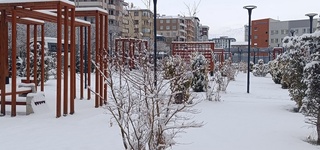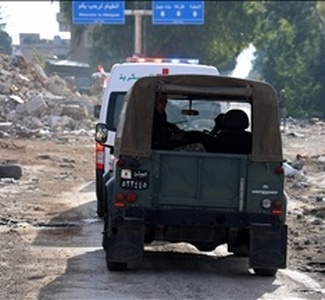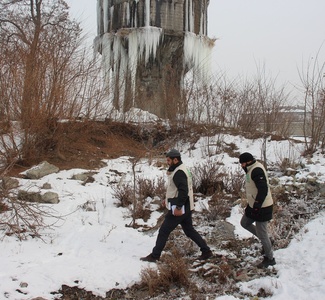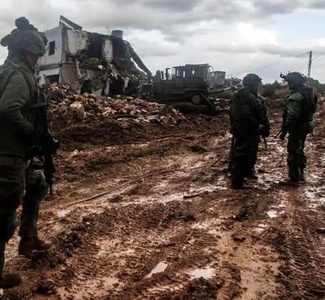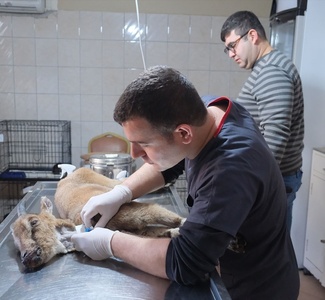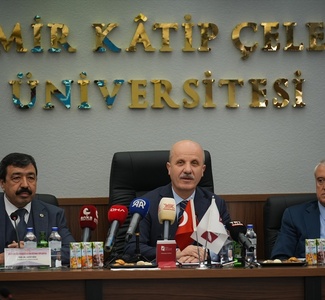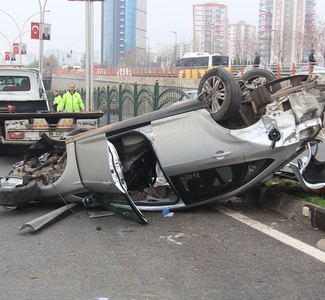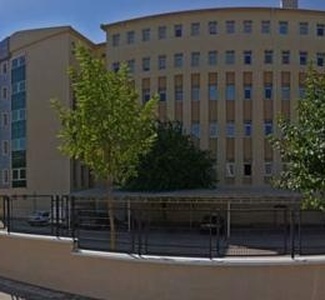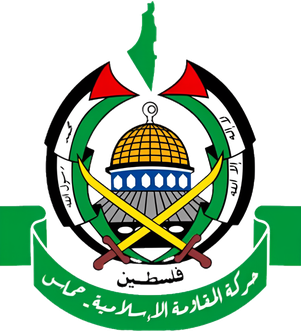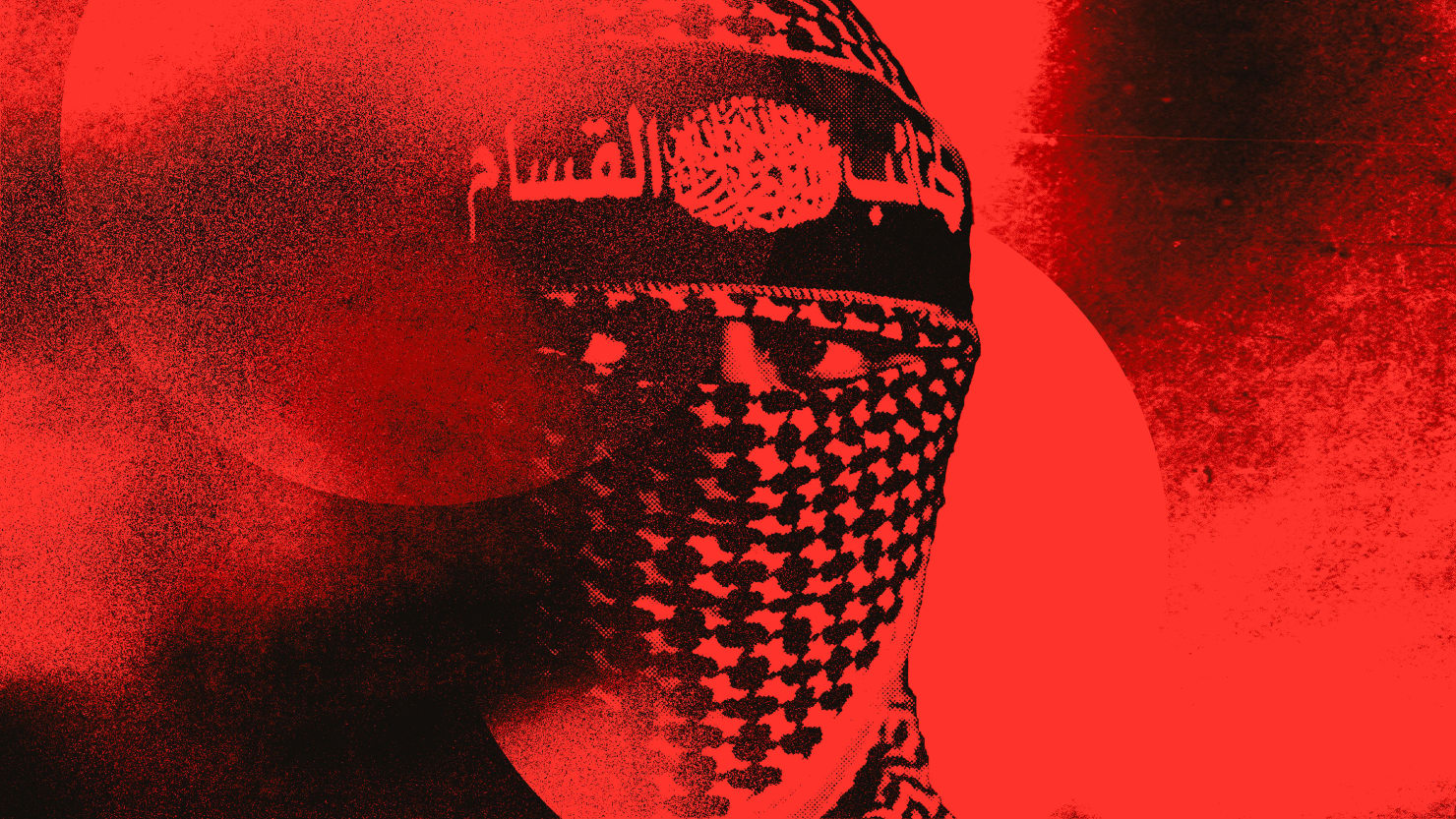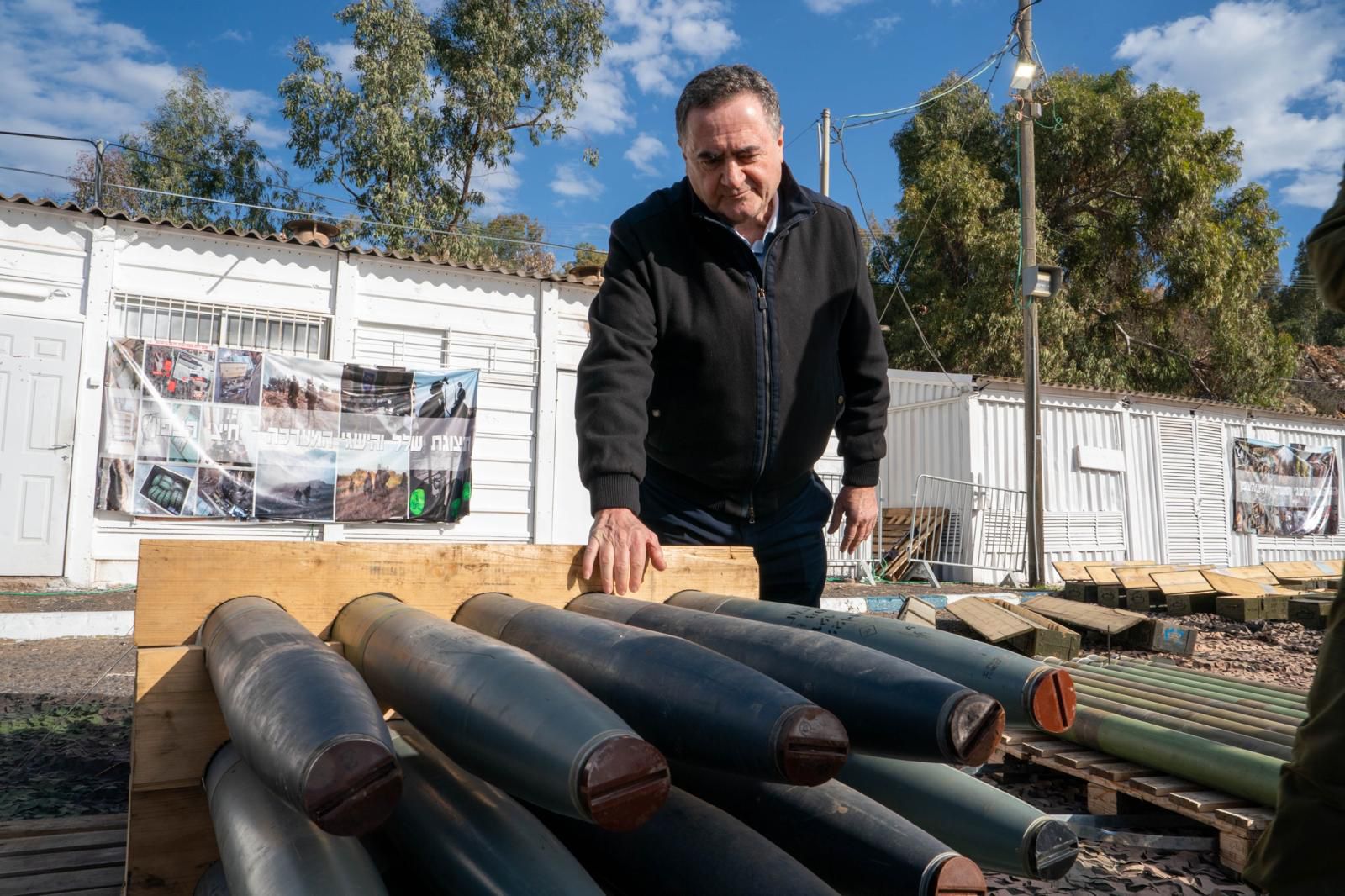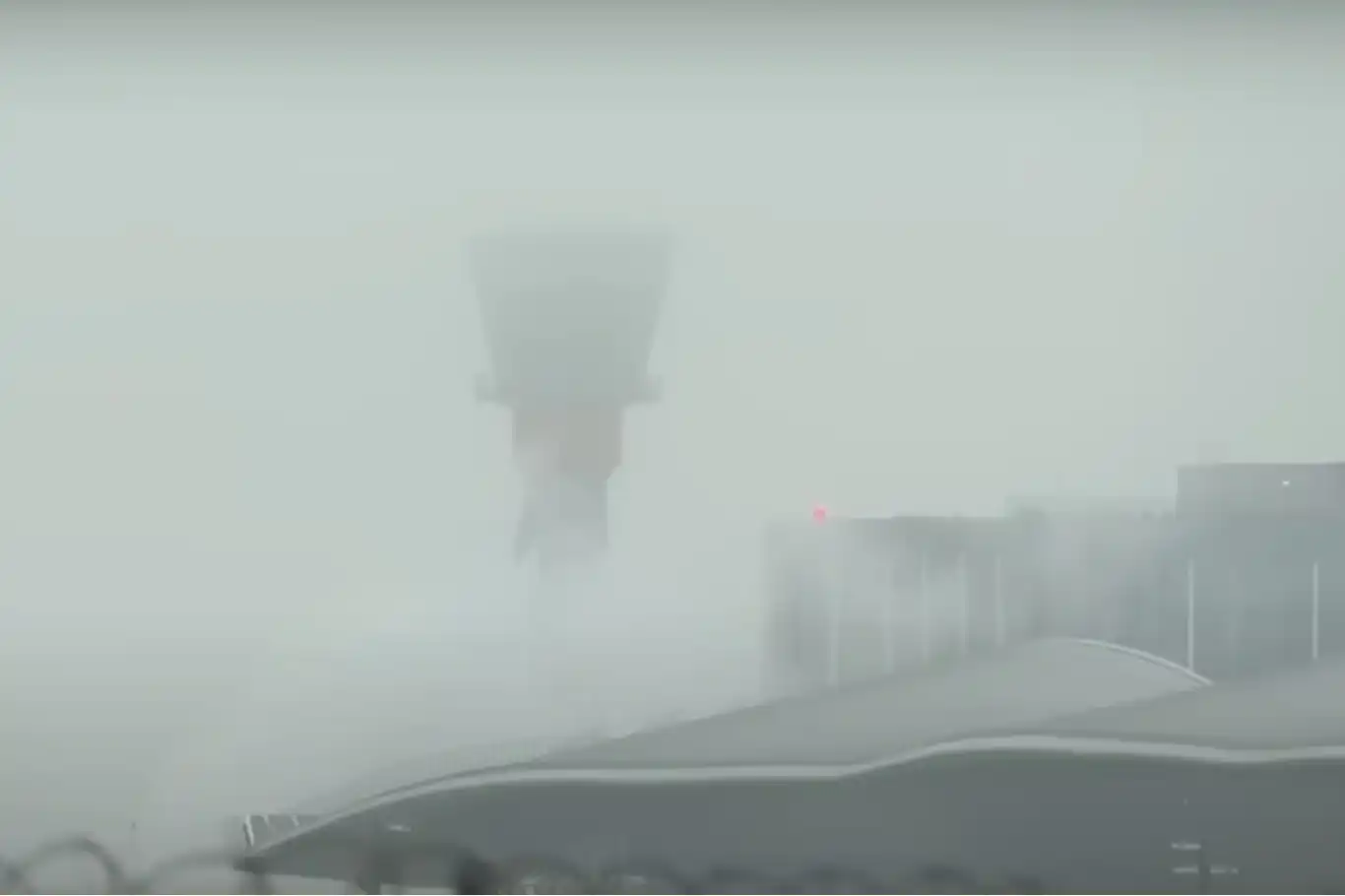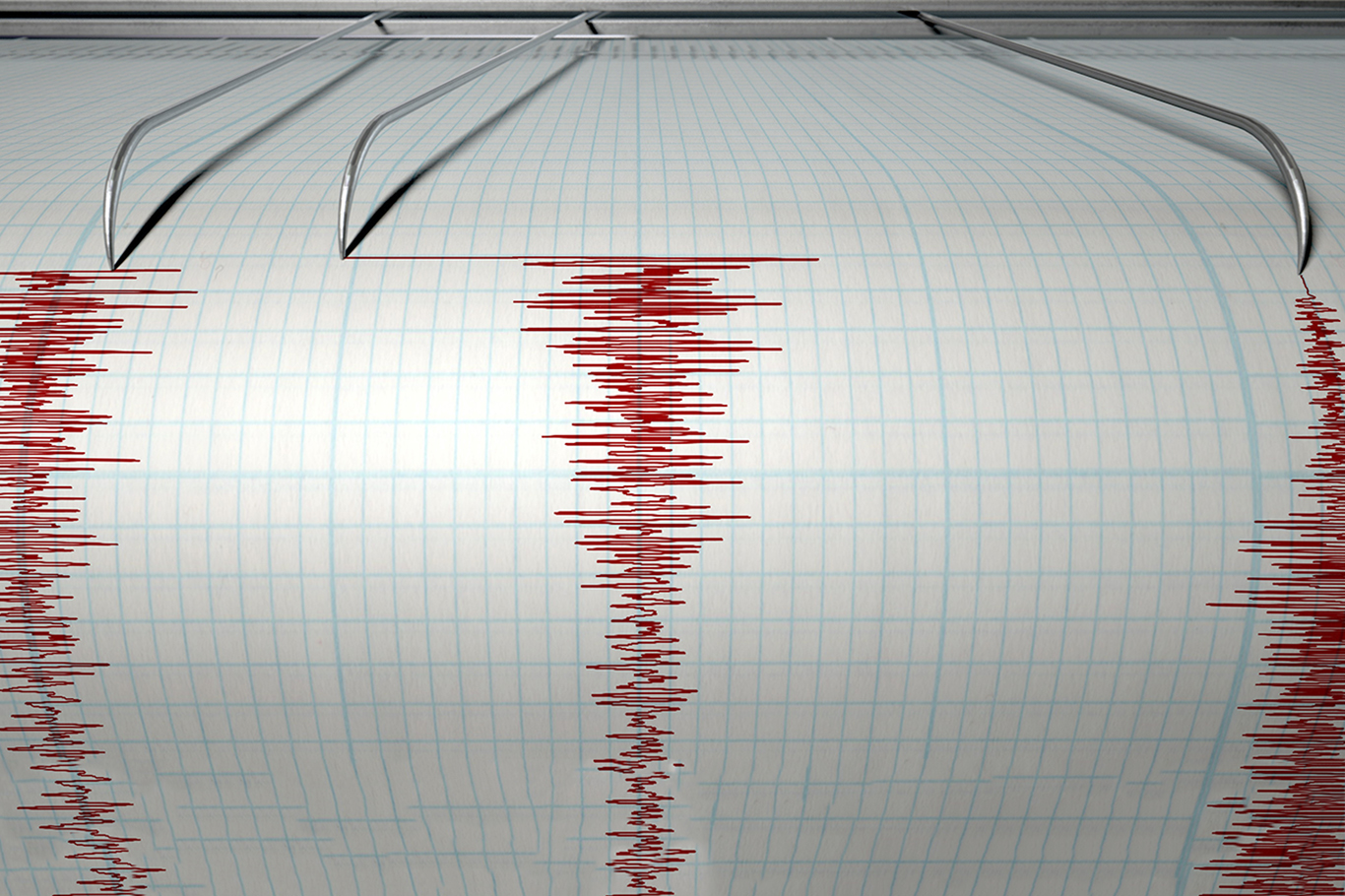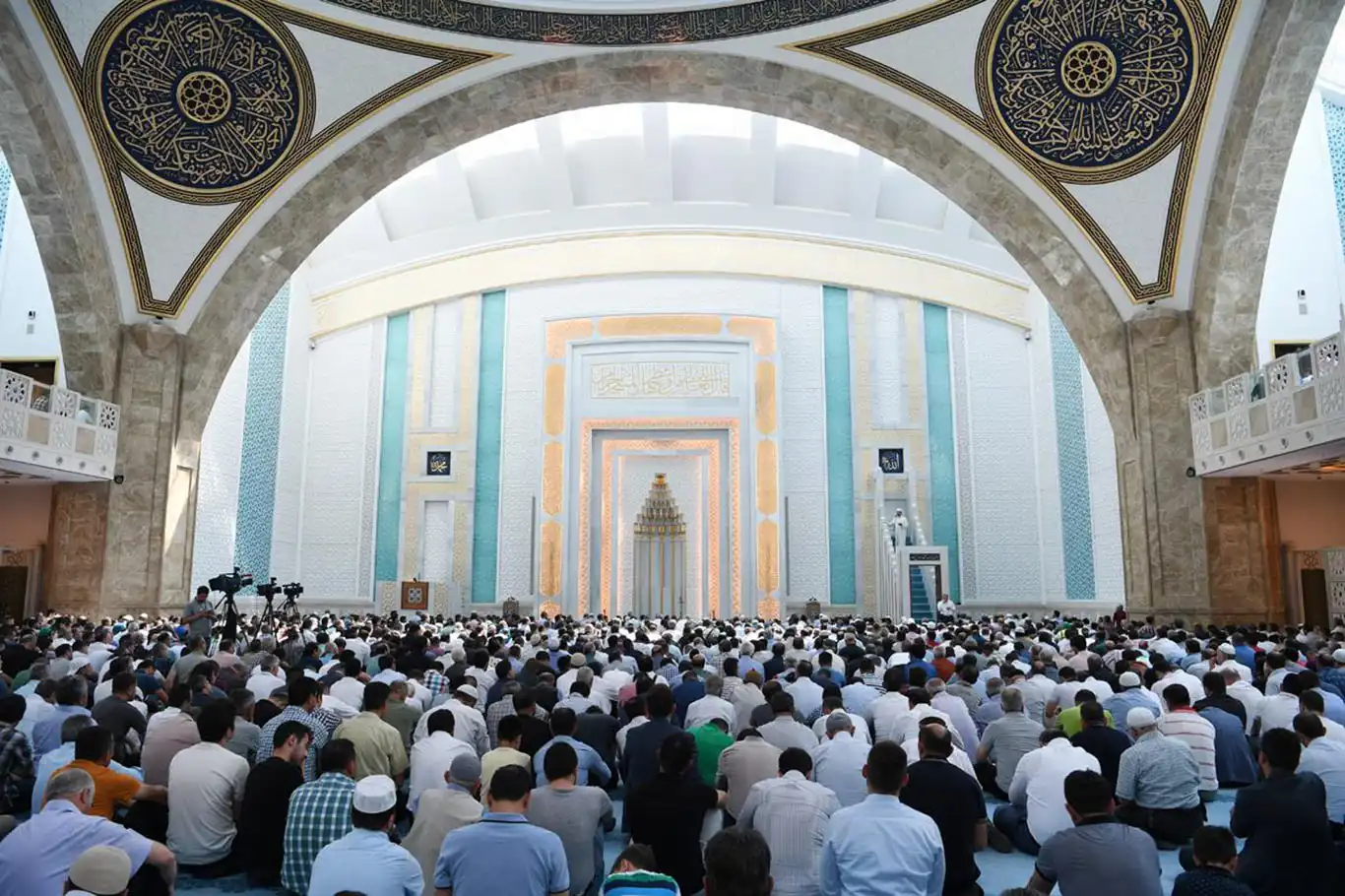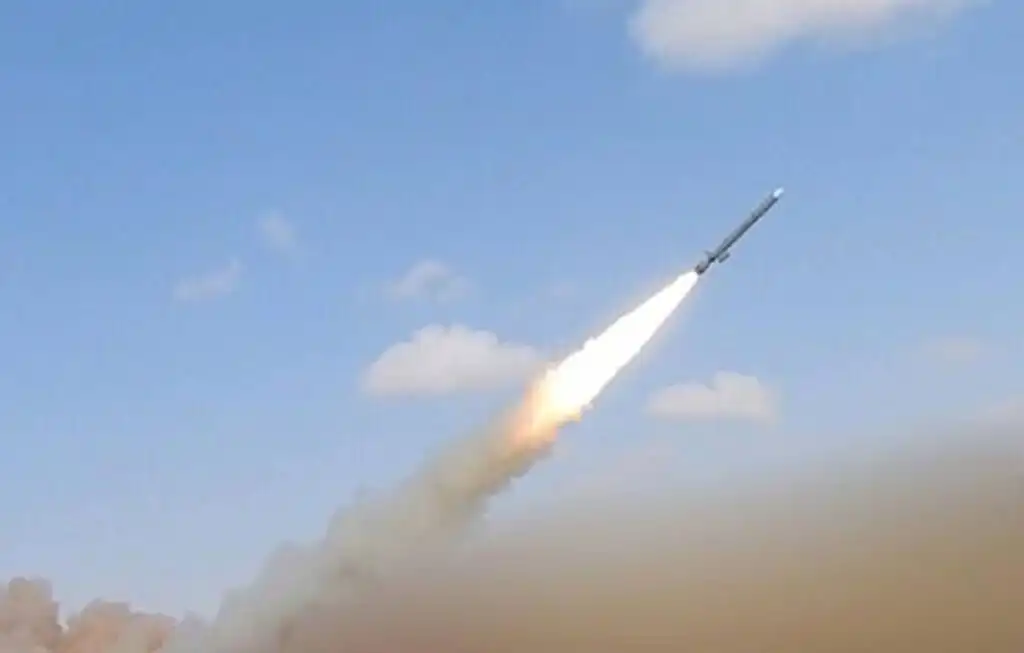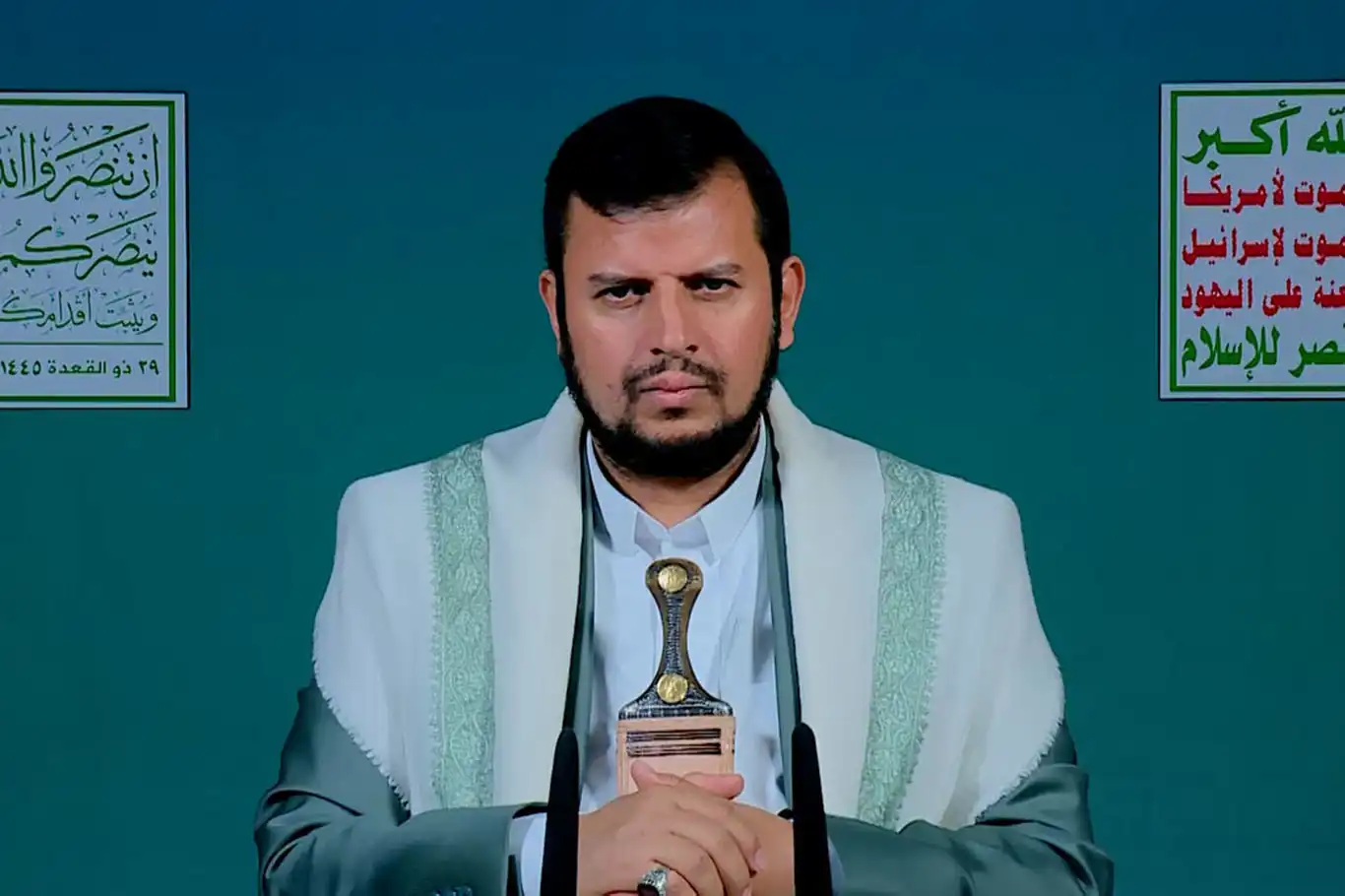HÜDA PAR: Diplomatic paths must be used to the fullest in Karabakh issue
HÜDA PAR Chairman İshak Sağlam warned that a war in Karabakh will not be limited to only Caucasus region, urging the sides to use diplomatic paths to the fullest.

 Google News'te Doğruhaber'e abone olun.
Google News'te Doğruhaber'e abone olun. In his weekly statement on foreign agenda, HÜDA PAR Chairman İshak Sağlam has made important observations about the humanitarian plight in Yemen, the normalization deals with Zionist regime, the talks between HAMAS and Fatah in Istanbul and Azerbaijan-Armenia fight over disputed Nagorno-Karabakh region.
Stating that the countries involved in the intervention in Yemen should make efforts to secure a permanent ceasefire, Sağlam said: “30 aid programs are at risk of being shut down in the country, as only $ 1 billion of the $ 3.2 billion requested for humanitarian programs has been provided. More than 22 million people are in need of help because of the civil war in Yemen, which is one of the world's poorest countries. A permanent ceasefire must be reached urgently to prevent the deepening of the humanitarian crisis in the country. The necessary funds should be provided by international mobilization and food and health assistance should be delivered to all parts of the country. In order to end the humanitarian crisis permanently, conflicts must be terminated indefinitely, and countries involved in civil war must also strive for a permanent ceasefire and peace. Otherwise, epidemics and famine will lead to the loss of hundreds of thousands of lives.”
Calling on Islamic countries to oppose the normalization of agreements by Bahrain and the United Arab Emirates with the zionist regime, Sağlam underlined that the policies of Qatar, Algeria, Morocco and Tunisia, which have taken a stand on the side of Palestine against the betrayal process, should serve as an example for all Islamic countries.
“Islamic countries should immediately freeze diplomatic relations with the Saudi Kingdom and countries that have signed normalization deals with zionist regime”
Sağlam stressed that the Saud regime is a guarantor of the normalization process initiated in favor of the Zionist regime, pursuing a polarizing policy in regional problems, and noted the following: “Zionist regime, which signed normalization agreement with Bahrain and UAE on September 15, aims to normalize relations with five more countries. The Saudi Kingdom is leading the normalization talks, which have been initiated by the United States, in the region. The Saud regime is a guarantor of the normalization process initiated in favor of the Zionist regime, pursuing a polarizing policy in regional problems. Saudi Kingdom, which makes Palestine cause and Jerusalem benefits available to zionist regime and opposes resolutions against the zionist regime in regional organizations, wants to further expand the front of betrayal. Islamic countries should impose deterrent sanctions against this project of betrayal, and diplomatic relations with the Saudi Kingdom and the countries that have signed the normalization agreement should be immediately frozen.”
Urging HAMAS and Fatah to mobilize all their energies and resources in order to establish a Palestinian state with Jerusalem as its capital, Sağlam continued his remarks as follows: "The Zionist regime and the United States are forcing Islamic countries to establish diplomatic relations with the zionist regime and recognize the occupation under the name of 'normalization'. Against this evil plan, all Palestinian groups, especially HAMAS and Fatah, must come together and resist the Zionist enemy. This union is essential for the destruction of the evil plan. In this sense, it is very important that HAMAS and the PLO come together in Istanbul of their free will. The progress that has not been made in years towards achieving unity among Palestinian groups has been achieved in several meetings, and the emergence of the will to act together against the Zionist occupation increases hopes for the future. All Palestinian-friendly states and organizations that oppose the Zionist occupation should strongly stand behind the unity of the Palestinian people. They must ensure the continuity of this unity and mobilize all the opportunities they have for the establishment of an independent Palestinian state with Jerusalem as its capital.”
Drawing attention to the dangers that can arise when the clashes between Azerbaijan and Armenia turn into a possible regional conflict, Sağlam warned that a possible war in Karabakh will not be limited only to the Caucasus, and called for the use of diplomatic routes to the fullest.
“Karabakh, which is a part of Azerbaijan, is under the occupation of Armenia”
“One of the problems inherited by the imperialist forces to the Islamic geography and waiting to be solved is the Karabakh problem in the South Caucasus. Karabakh, an Islamic land and Azerbaijani land according to international law, was de facto occupied by Armenia in 1992. Although the war ended in 1994, Karabakh and seven surrounding regions, which make up 20 percent of Azerbaijan territories, have remained under Armenian occupation. 30,000 people from both sides were killed in the armed conflicts. The demographic structure was forcibly changed in the region. Hundreds of civilians in Khojaly were massacred by Armenian troops. According to international sources, 600,000 and according to Azerbaijani sources, 1 million Azerbaijanis have been forcibly displaced. These refugees are still waiting to return to their land. Attempts and negotiations on different dates to find a permanent solution to the problem were brought to a point where both sides could agree in 2009. However, this draft, called the Madrid Principles, was never implemented. It is not acceptable for Armenia to remain in the occupied territories and for a million Muslims to continue to stay away from their territory as refugees.”
Sağlam concluded his statement as follows: “Therefore, tensions and conflicts in the region have never diminished. The recent clashes, in which dozens of people have been killed and more than a hundred injured on both sides, have once again shown that an urgent solution to the problem must be found. No matter what, the occupation must end, and a million Azerbaijanis who have been displaced must return to their territory. But it has already been experienced that war is not a solution. The potential of a war that will break out in Karabakh to turn into a regional war that will not only be limited to the Caucasus, but will also include all relevant countries should not be kept out of sight. Global powers must be prevented from turning the region into a new area for settling accounts with each other, and diplomatic paths must be used to the fullest." (ILKHA)






























